June 7, 2025 | 21:08 GMT +7
June 7, 2025 | 21:08 GMT +7
Hotline: 0913.378.918
June 7, 2025 | 21:08 GMT +7
Hotline: 0913.378.918
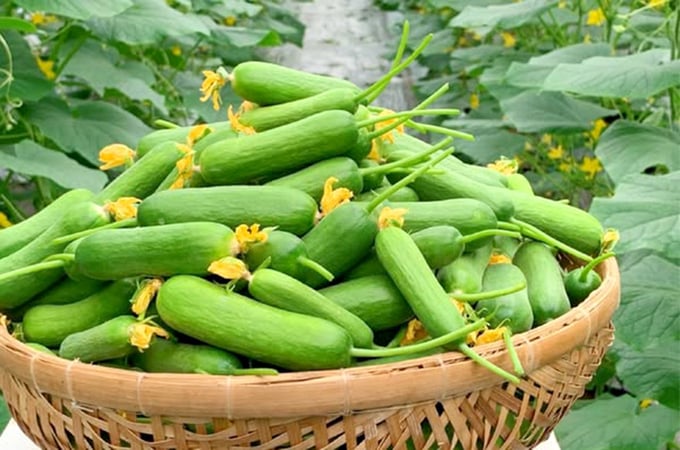
The demand for imported cucumbers and various other fruits and vegetables in Sweden rises significantly from October to May.
Before 2021, Sweden imported approximately 1 million tons of fruit and vegetables annually, according to the Vietnam Trade Office in Sweden. Nevertheless, inflation and lower consumer demand resulted in a decrease in imports to 887,000 tons by 2023. In spite of this, the amount of fruit and vegetable imports from developing countries increased to 24%, which is equivalent to 215,000 tons. This has generated opportunities for countries such as Vietnam.
Large supermarket chains, including ICA, Coop, and Axfood, dominate the Swedish market, accounting for nearly 20% of the total retail food revenue, which was approximately Euro 5.2 billion in 2023. In addition to retail, industrial processors such as Brämhults and Råsaft, as well as food service providers such as restaurants, hotels, and catering companies, play a significant role. Helsingborg is the primary distribution center for imported goods, which simplifies the distribution of products throughout Sweden.
The Vietnam Trade Office in Sweden underscores that Vietnamese fruit and vegetable exporters benefit significantly from seasonal variations. Despite the fact that Sweden produces specific items, such as cucumbers, during the summer, the demand for imports increases substantially from October to May due to the high demand for produce from temperate and tropical climates. Vietnamese fresh fruits, including dragon fruit, mangoes, passion fruit, and other tropical varieties, have the potential to dominate the market during these "off-season" periods.
Additionally, Sweden is experiencing an increase in the prevalence of sustainable consumption. At present, the nation is the sixth-largest importer of organic products in Europe. In Sweden, over 50% of the organic fruits and vegetables consumed are imported. Bananas are a particularly notable example, with over 60% of the imported bananas being certified organic. Exporters must adhere to international standards, including GLOBALG.A.P., Fairtrade, and rigorous food safety regulations, in order to capitalize on this market's substantial potential.
The Vietnam Trade Office in Sweden suggests that Vietnamese fruit and vegetable businesses concentrate on enhancing product quality and standards, assuring adherence to food safety regulations, sustainability certifications, and clear labeling in Swedish.
Furthermore, they should pursue internationally recognized certifications, including Fairtrade and GLOBALG.A.P., in order to align with the increasing trend of sustainable consumption and develop organic products.
In order to maximize market access opportunities, businesses must meticulously analyze Sweden's seasonal cycles, with a particular emphasis on exporting during the country's low-production periods. It is also essential to establish connections with major importers and cultivate relationships with key actors such as Dole/Everfresh, ICA, and Ewerman through trade exhibitions like Fruit Logistica and Fruit Attraction.
The Vietnam Trade Office in Sweden recognizes that, despite the obstacles they face, the EU and Sweden as a whole are very prospective markets for Vietnamese fruit and vegetable exporters. Vietnamese enterprises can enhance their market share and establish a strong presence in this competitive and lucrative market by adhering to international standards and implementing effective market entry strategies.
Translated by Linh Linh
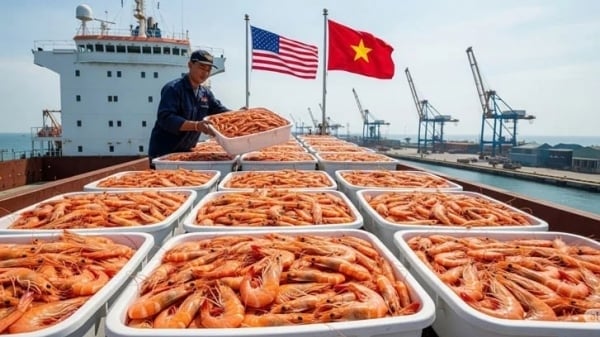
(VAN) Vietnam and the United States are proactively working together, each in their own way, to ensure that every container of agricultural goods carries not just products, but also long-term trust and value.
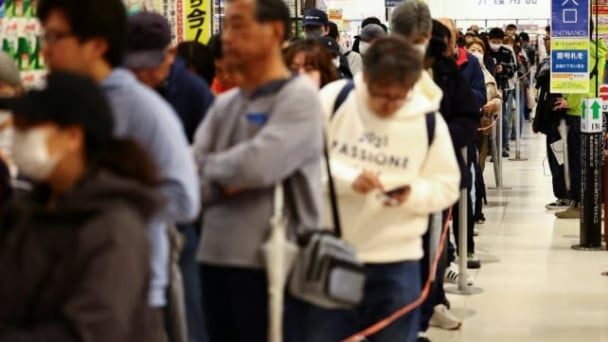
(VAN) Stores have started selling rice from the government’s stockpile to feed demand for the staple.
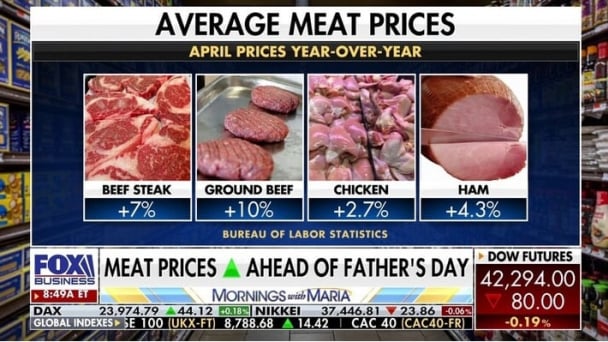
(VAN) Omaha Steaks CEO says rebuilding cattle herds will take about a year to ease price pressures.

(VAN) Reciprocal tariffs and recent NOAA rulings are presenting substantial obstacles for Vietnamese tuna exporters in the U.S. market. As a result, the industry is actively seeking alternative export destinations.
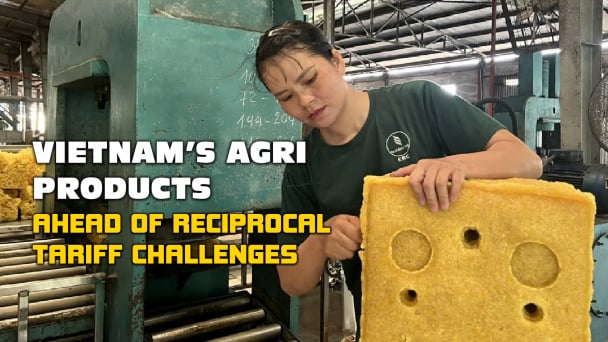
(VAN) Although the U.S. holds a small share of Vietnam’s rubber exports, newly imposed reciprocal tariffs are expected to impact the sector. Vietnamese enterprises must optimize the use of significant markets and free trade agreements.
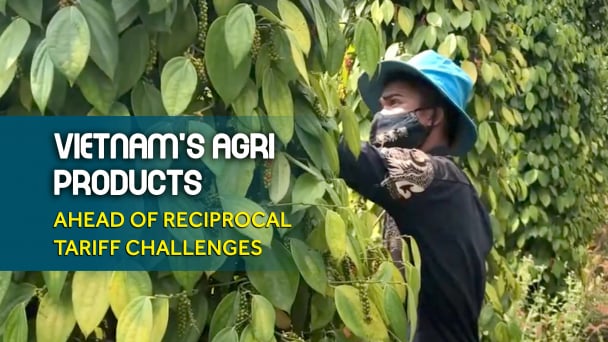
(VAN) Vietnam's pepper industry is looking forward to the final tariff decision in order to sustain its robust presence in the United States, the country's biggest pepper market.

(VAN) The U.S. is the largest market for Vietnamese cashew nuts. However, when exports to the U.S. encounter difficulties due to reciprocal tariffs, Vietnamese cashews still have many other potential markets.